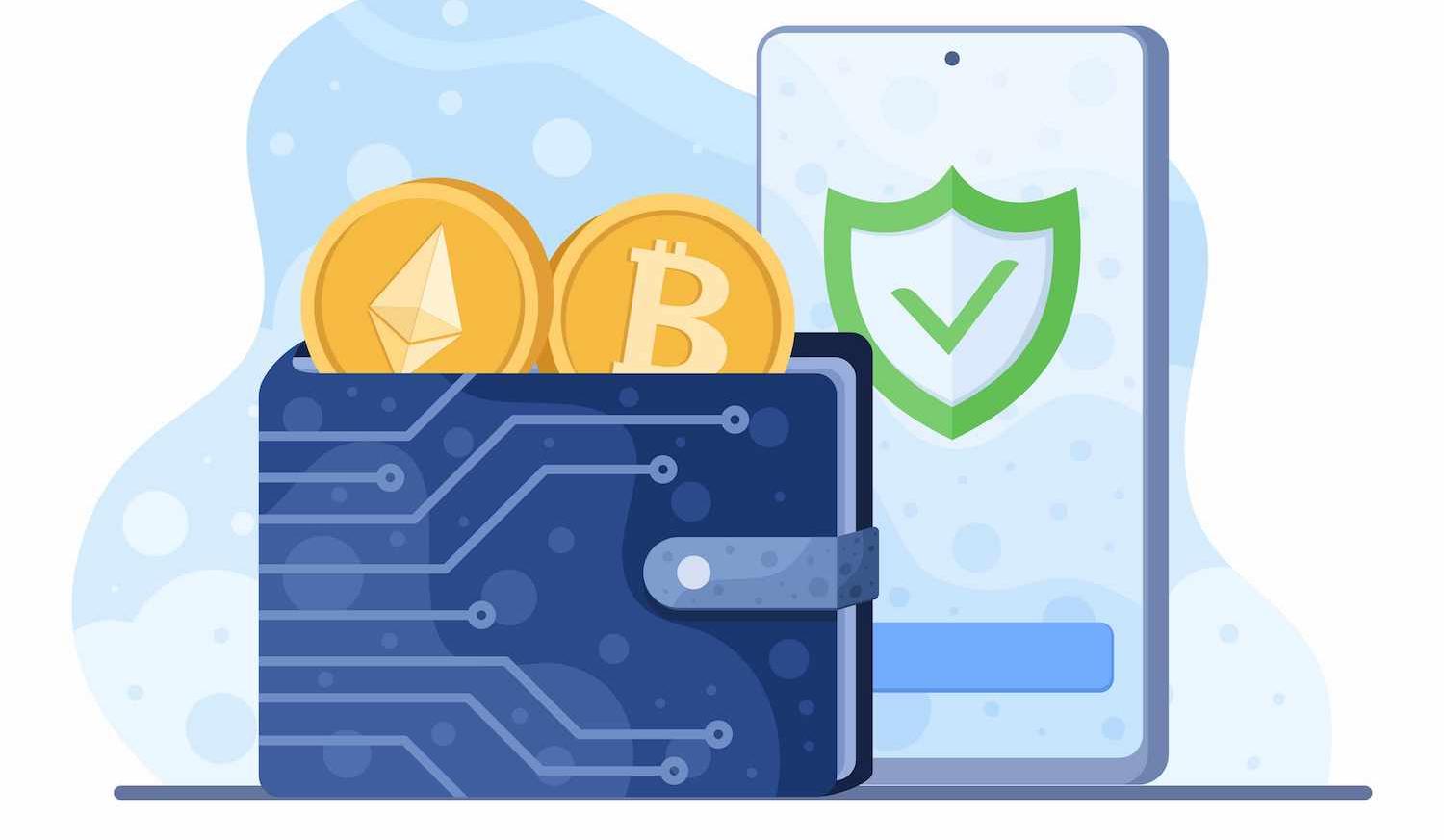
Whenever you join a cryptocurrency world, the first thing you need to do is to create your crypto wallet. These crypto wallets are used to store your cryptocurrencies and you can transfer tokens only using a crypto wallet and nothing else. But there are two types of crypto wallets out there, Custodial and Non-Custodial, and the differences between them are something to consider when creating your wallet, as each wallet is best fitted for different types of people. Below we will take a look at each of these wallets and what their differences are.
Crypto Wallets
Before we look into the difference between non-custodial wallets vs custodial wallets in crypto, let’s understand what crypto wallets are in general. As we mentioned before these wallets are used to store your cryptocurrencies, but if we look at it from a more technical point of view, these wallets are not used for storing crypto. Cryptocurrencies are always stored on a blockchain they are built on, meaning that your wallet actually does not hold cryptocurrencies at all. Crypto wallets have two keys, public and private keys, the public key is a combination of letters and numbers and we use that for sending and receiving cryptocurrencies. If you have ever made a crypto transaction, the long code you entered is this public key. The private key is the most important part of a crypto wallet, and it is what proves your ownership of tokens. Whenever you receive crypto in your wallet, the blockchain assigns these tokens to your private key, and the only way to access these funds is by using this private key. When it comes to differences between custodial and non-custodial wallets, this private key is what differentiates them. There are also cold and hot crypto wallets that carry different utilities with them, you can visit the investfox website to learn more about them and other crypto-related topics.
Custodial Wallet
Custodial wallets are probably the most widely used crypto wallets out there. If you have a crypto exchange account, it most probably means that you own a custodial wallet. Custodial wallets are regular crypto wallets, but they are operated by third parties and you don’t have access to the private keys. What this means is that, whenever you store your cryptocurrencies in the custodial wallet, if you ever need access to your private key, you won’t be able to. Using these custodial wallets provided by exchanges or other third parties has its benefits and disadvantages. Custodial wallets tend to be more protected, as these big exchanges have implemented multiple layers of security, and hacking into their wallets is really hard. Also, you don’t have to worry about losing your private key, as you don’t need it for using your wallet. But these big exchanges have a target on their back, so there are times when hackers actually get into these wallets and steal funds, but very rarely. There is also a risk that the exchange might go bankrupt, and you will not be able to access your funds, a good example of it being last year’s collapse of FTX where billions of dollars have been lost by exchange users.
Non-Custodial Wallet
If you are someone who wishes to have absolute control over their wallet, then a Non-Custodial wallet is a crypto wallet for you. Non-Custodial wallets are regular crypto wallets where you are the sole person that has control over the wallet, and only you have access to your private key. These wallets are usually stand-alone wallets such as Ledger and MetaMask, and don’t have any affiliation with exchanges, but there are also exchanges that provide you with non-custodial wallets. If you own a large number of cryptocurrencies then this wallet is for you. While you might not have security measures similar to big exchanges, if you follow simple safety measures, the risk of someone stealing your funds is very low. Each non-custodial wallet comes with a security phrase that gives you access to your wallet, and as long as you keep this security phrase in a safe place and don’t give anyone access to your computer or phone, your funds will be secured. But the downside is that if someone was to gain access to your security phrase and subsequently your private key, they gain full access to your funds and there is absolutely no way to prove you are the real owner, meaning if they steal your crypto, you can not do anything about it unless you get the police involved and take care of this problem in court.
Which wallet should you use?
If you are someone that is joining crypto in order to trade with cryptocurrencies on crypto exchanges, then simply sticking with a custodial wallet is the best option. When you are trading, you interact with your crypto every day and know what is going on, and having your funds on a non-custodial wallet will make things complicated as each time you want to open a trade you will need to transfer your funds to the custodial wallet provided by an exchange and lose some money on transaction fees.
But if you are an investor and are investing in cryptocurrencies for long-term holding, then a non-custodial wallet should be your choice. When you have your crypto on a non-custodial wallet you are the sole person in charge of the wallet, meaning that your funds will always be protected. But when using a non-custodial wallet it is suggested that you write down your security phrase on a piece of paper and store it somewhere safe. It is also very important to keep an eye on your internet activity, as some people might try to make you download malware that will give them access to your computer and wallet subsequently.









